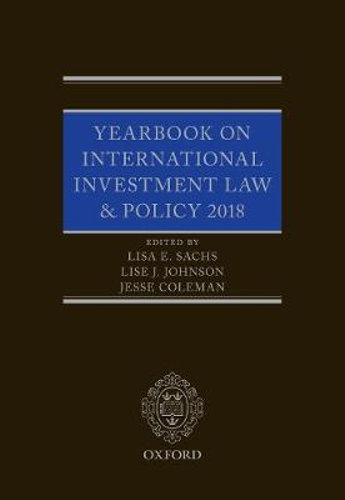
This chapter analyses how mediation interacts with investment treaty arbitration, and explores the benefits and risks associated with this form of dispute settlement. It begins by introducing mediation as a non-arbitral means of settling investor-state disputes at the international level, examining uses of investor-state mediation, and references to its use, under investment treaties to date. The chapter then considers the relative strengths of mediation vis-à-vis arbitration. This includes the potential for the mediation of investment disputes to produce a quicker, more cost-effective, flexible, and holistic dispute settlement procedure with different outcomes than are available through investor-state arbitration.
The chapter also looks at three key disadvantages potentially associated with investor-state mediation: issues of confidentiality, issues of authority, and issues of enforcement. It argues that these disadvantages may weaken the efficacy and legitimacy of mediation as a dispute settlement option for investor-state disputes, while also undermining the improvements to investor-state arbitration procedures secured through recent reform efforts. Finally, the chapter looks at how mediation could be leveraged alongside arbitration to improve both procedures for the settlement of investment disputes.